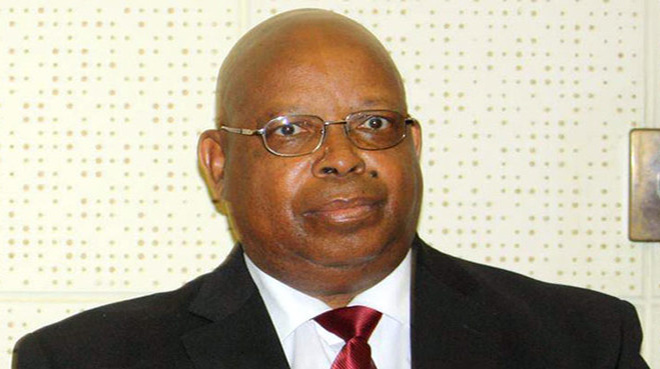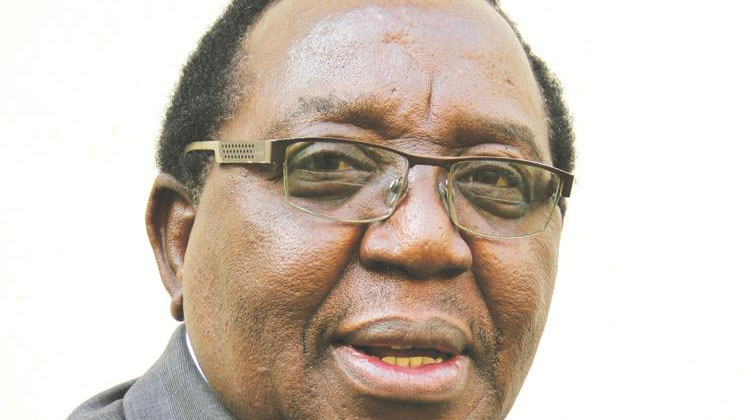Call to embrace solar power

Freeman Razemba Senior Reporter
Government is considering to formulate a legislative framework that outlaws the use of electric geysers in households and institutional buildings, as it urges citizens to embrace solar thermal technologies. According to Government, this will assist in saving and reducing the current power import bill.
Speaking at the launch of the Solar Thermal Technology Roadmap and Implementation Plan (STTRIP) yesterday, Energy and Power Development Minister Dr Joram Gumbo said in the agriculture sector, the use of solar dryers to preserve crop yields may help increase the food’s shelf life whilst retaining the relevant nutrients.
“The hotel industry may also enjoy the services of solar water heating and solar space heating,” he said. “Solar water heater technologies can also be used in a number of applications, including pre-heating of water in industries.
“Surely, the choice is ours: either to continue paying huge electricity bills at the same time polluting the environment or adopt solar water heaters to reduce operational costs and save the environment.
“My ministry is considering formulating a legislative framework that outlaws the use of geysers in households and other institutional buildings. This may help the ministry to achieve its intended target of installing at least 250 000 solar geysers by 2030 as indicated in the draft Renewable Energy Policy.”
Dr Gumbo said STTRIP was initiated by the Southern African Solar Thermal Training and Demonstration Initiative (SOLTRAIN) and the Ministry of Energy and Power Development.
Soltrain is financed by the Austrian Development Agency (ADA)
Dr Gumbo said in Sadc, the project was run with partner countries which included Zimbabwe, Mozambique, South Africa, Lesotho, Botswana and Namibia.
He said STTRIP supported the Government’s vision of making the country achieve its target by 2030 and to achieve this there was need to uplift the standards of living for the citizens and the Gross National Income per capita and energy plays a pivotal role in this regard.
“The provision of solar thermal energy for heating and cooling through this roadmap will help Government achieve its target, as well as saving electricity which can then be channelled to other productive sectors of the economy,” Dr Gumbo said.
He said there was a gap between demand and supply of energy in the country and the deficit was a threat to the achievement of the middle-income economy vision.
Dr Gumbo said energy supply was also dominated by fossil fuels that were environmentally unsustainable with the attendant global warming and climate change effects.
He said as the country edged towards the cleaner sources of energy, there was need to decarbonise the energy supply by adopting renewable sources of energy which include solar thermal energy.
Dr Gumbo called on educational institutions to heed the call to drive research and development of solar thermal technologies that can be manufactured locally, with industry driving the commercialisation and manufacturing, while financial institutions provide support through various financing models.










Comments